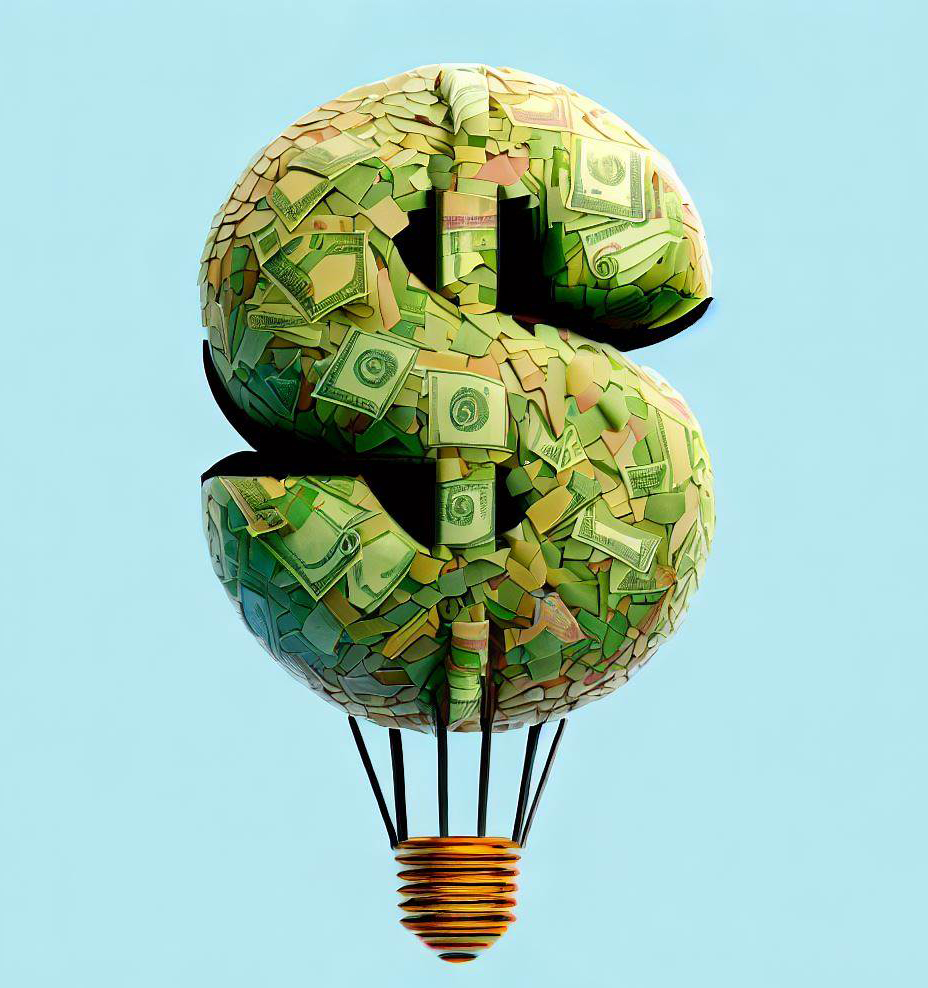Inflation Woes: How Rising Prices Are Affecting Consumers and Businesses

A relentless specter haunts the global economy, casting its shadow over consumers and businesses alike: inflation. As prices climb ever higher, the impact reverberates through every aspect of our lives, eroding purchasing power and straining the delicate balance of supply and demand. In this article, we delve into the implications of rising prices, exploring how inflation woes are affecting consumers and businesses in today’s challenging economic landscape.
- The Consumer’s Burden: Inflation exerts an undeniable toll on consumers, diminishing their ability to afford essential goods and services. Rising prices for everyday necessities, such as food, housing, and healthcare, stretch household budgets and force individuals to make difficult choices. From cutting back on discretionary spending to grappling with mounting debt, consumers find themselves caught in a perpetual struggle to maintain their desired standard of living amidst the relentless march of inflation.
- Impact on Savings and Investments: Inflation erodes the value of savings and investments over time. As the purchasing power of money diminishes, individuals who rely on fixed income sources or have allocated a significant portion of their wealth to cash holdings face the risk of diminished returns. Savers are compelled to seek out investments that outpace inflation, such as stocks, real estate, or other assets, in order to preserve and grow their wealth in real terms.
- Business Challenges and Costs: Businesses, both large and small, bear the weight of inflation’s burden. As the cost of raw materials, energy, and labor rises, profit margins shrink, placing pressure on businesses to adapt. Companies must navigate the delicate balance of passing increased costs onto consumers without sacrificing competitiveness. Moreover, inflation can disrupt supply chains, leading to price fluctuations, inventory challenges, and planning uncertainties for businesses across various sectors.
- Central Bank Response: In the face of rising inflation, central banks often respond by adjusting monetary policies. Interest rate hikes or adjustments to money supply can influence borrowing costs, credit availability, and overall economic activity. These measures aim to curb inflationary pressures and maintain price stability but can also have broader implications on economic growth, investment decisions, and financial markets.
- Long-Term Economic Effects: Sustained inflation can have long-term effects on the economy. It can erode consumer confidence, dampen spending, and impede economic growth. Uncertainty surrounding future price levels may deter business investments and impede long-term planning. Additionally, high inflation rates can lead to wage pressures and create income inequality, further exacerbating social and economic disparities.
Navigating Inflationary Challenges
To navigate the challenges posed by rising prices, both consumers and businesses must adopt strategies to mitigate the impact of inflation. This may involve prudent financial planning, diversification of investments, seeking cost-saving measures, and exploring innovative approaches to managing expenses. Businesses can implement pricing strategies, supply chain optimizations, and operational efficiencies to minimize the impact of inflation on their bottom line.
Inflation, like an invisible force, shapes the economic landscape and influences the lives of individuals and businesses alike. As prices continue their upward trajectory, the consequences of inflation become increasingly evident. Yet, amidst the challenges, opportunities for adaptation and resilience emerge. By understanding the implications of rising prices, consumers can make informed decisions, while businesses can employ strategies to maintain competitiveness. The path forward requires vigilance, adaptability, and a deep understanding of the complex interplay between inflation, the economy, and our daily lives.





